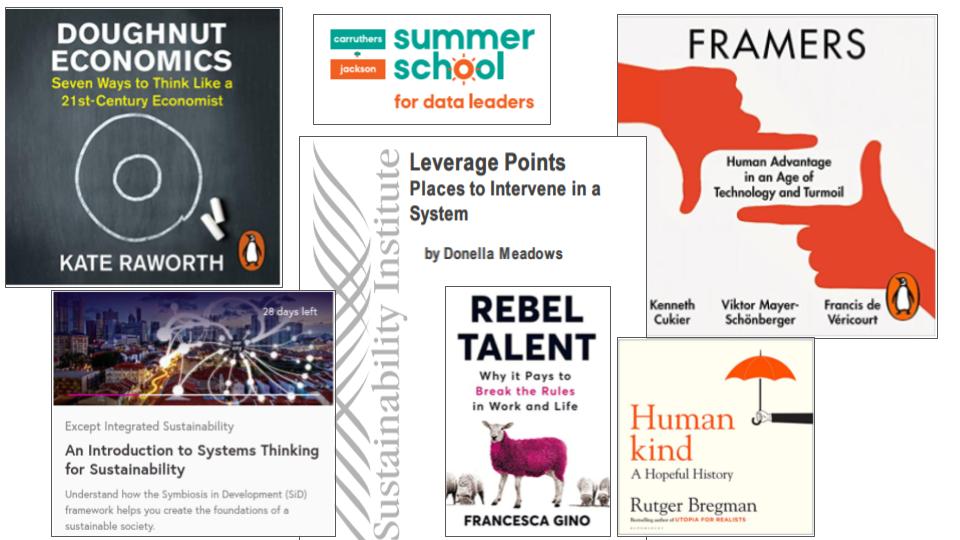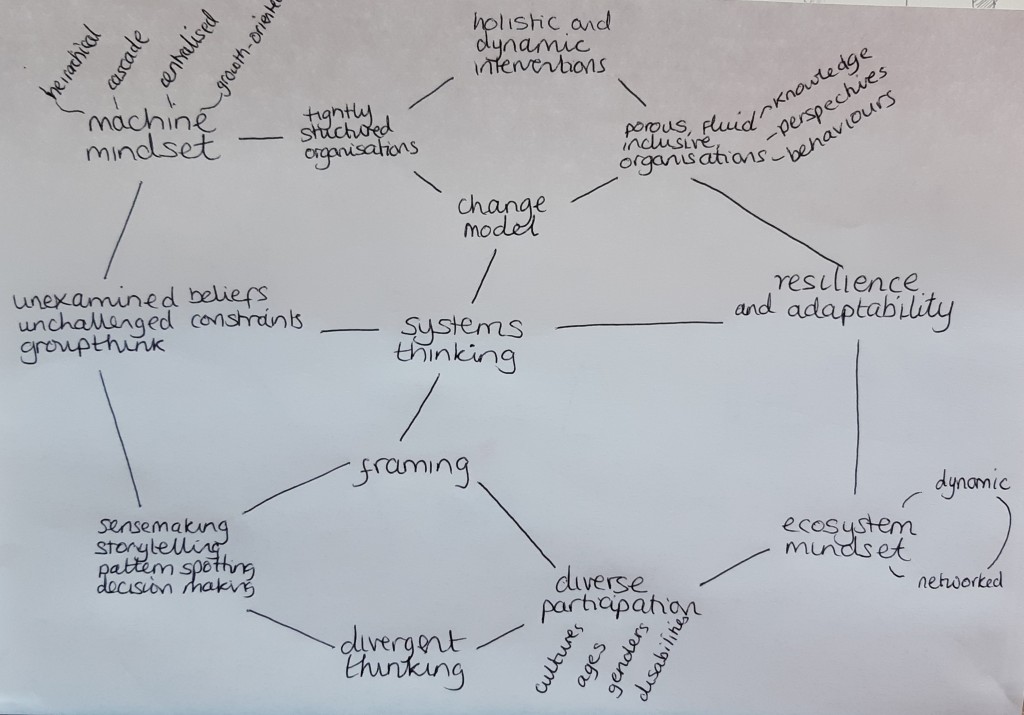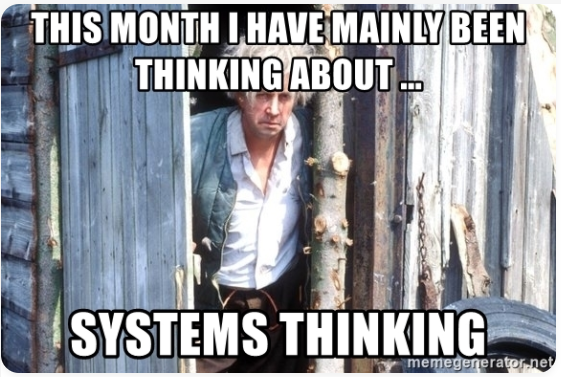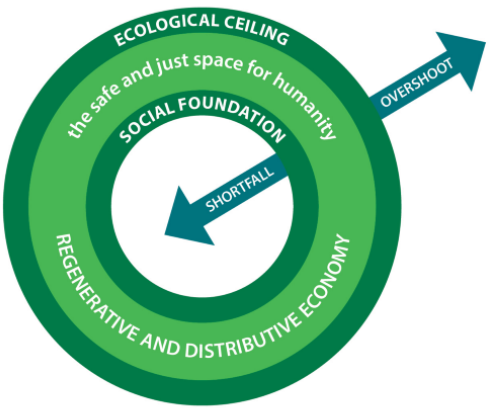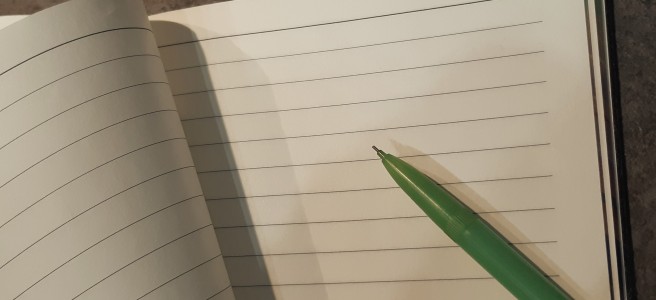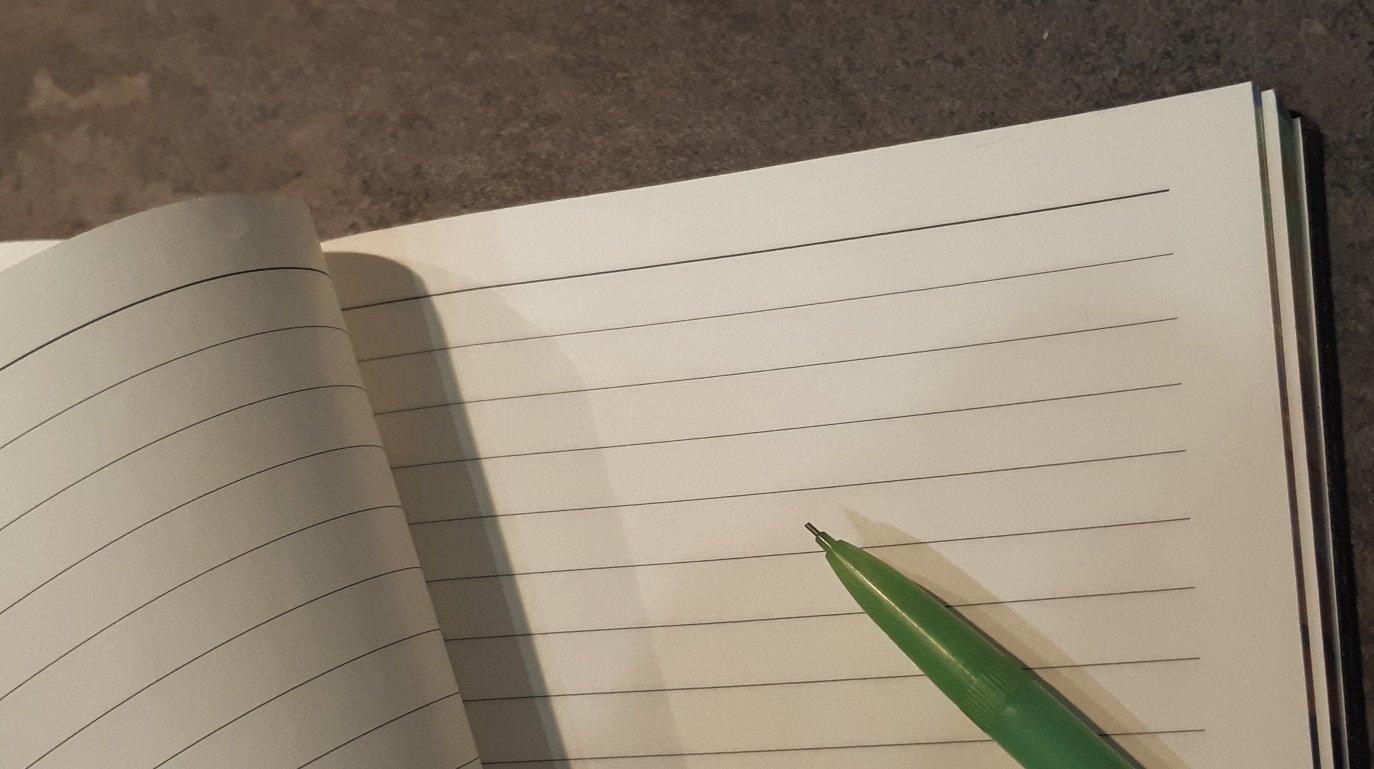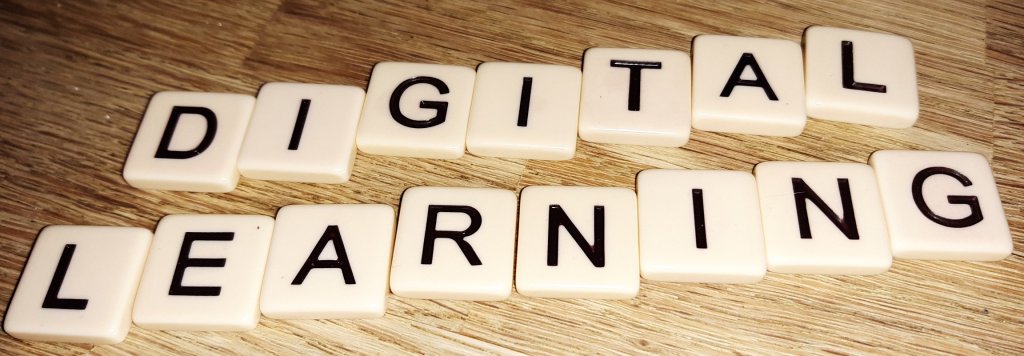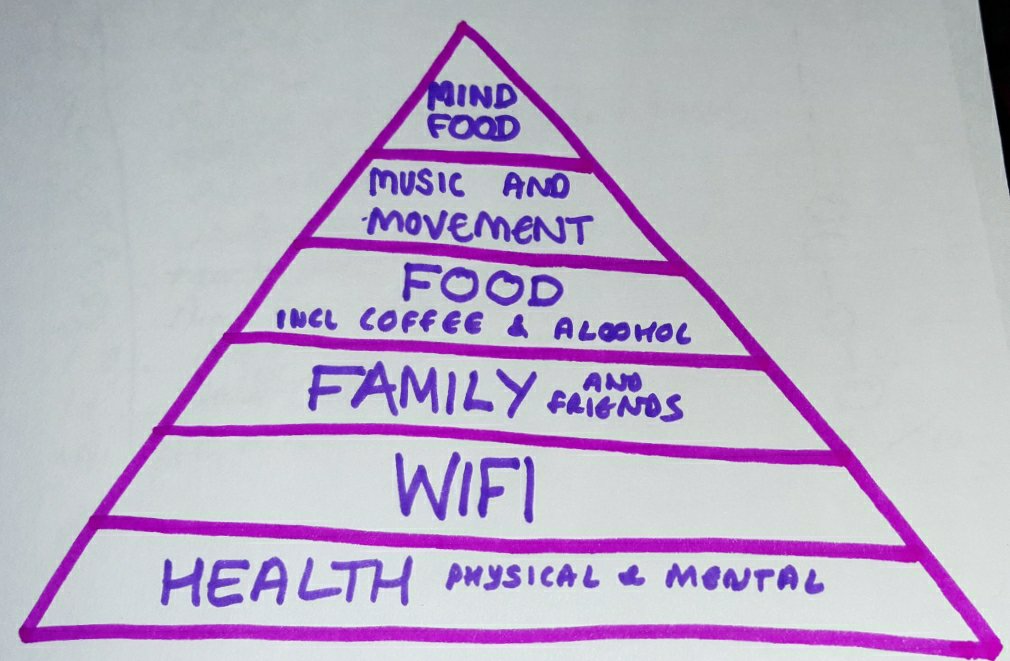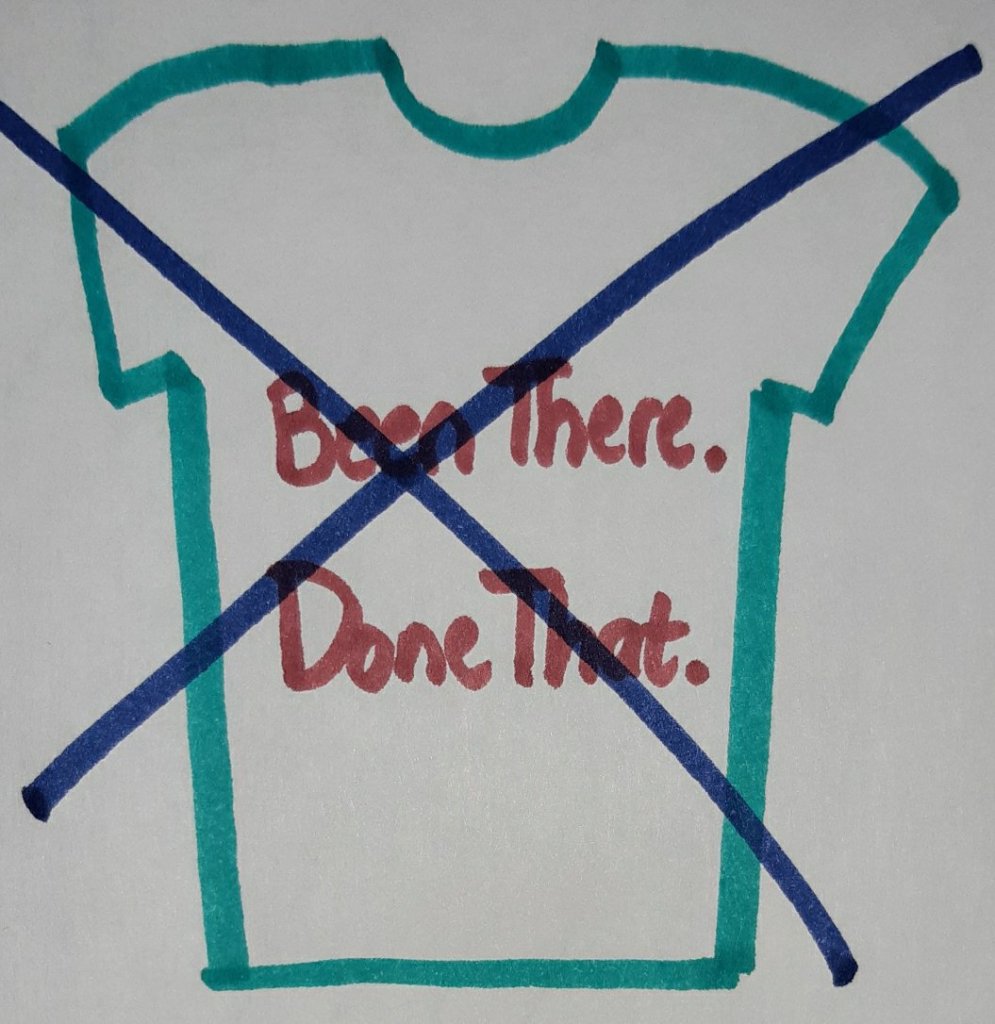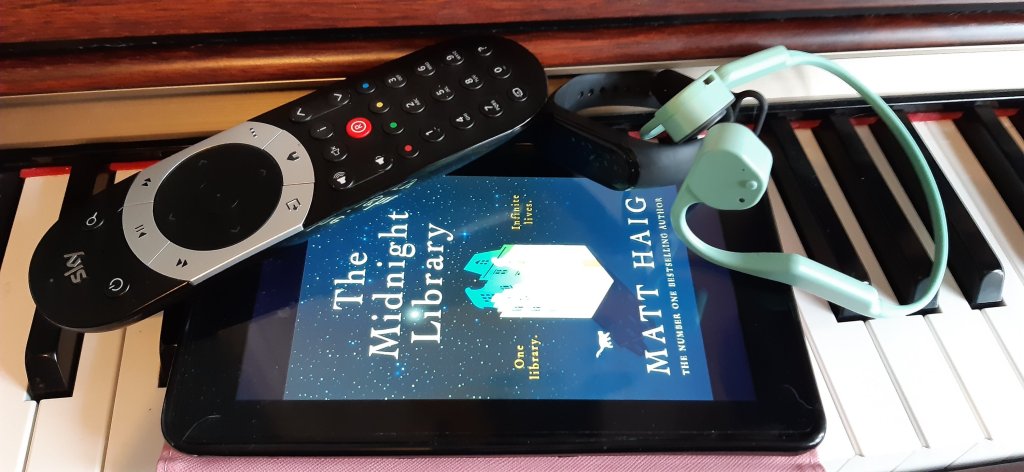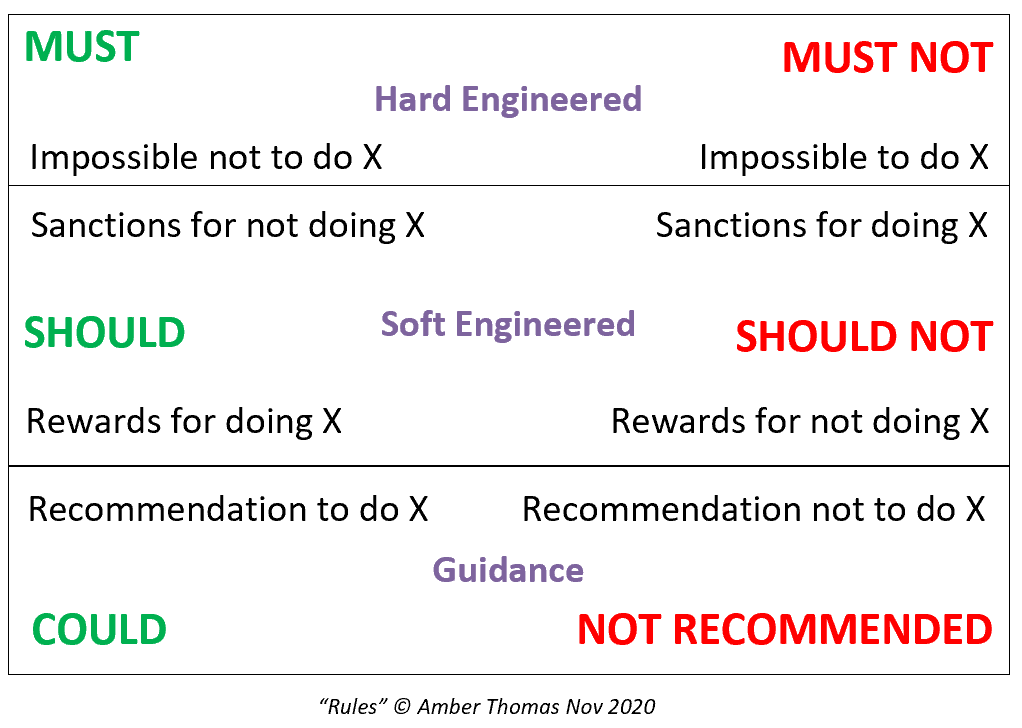Over the last year I’ve been busy working, reading, thinking and talking but I haven’t blogged. Back in October 2021 I blogged on my reading and then synthesised the systems thinking themes, with a focus on systems change, economics, environment and hope. A lot of that thinking has stuck with me, and in many ways this year’s musings are built on those foundations. I’ve perhaps shifted from critiquing what’s wrong with the world to identifying how to change things. Finding purpose and joy in difficult times has been a theme of my reading this year. It has felt like an emergence from the pandemic, though I know it’s not over. I’ve found myself zooming in and out between the introspection of “the inside” and big systems thinking of “the outside” wider world.
I drafted this post at the new year and couldn’t decide whether to publish it. I then got distracted from finishing it by discovering BBC Sounds podcasts: Sideways by Matthew Syed and Think with Pinker. Lots of connections with my reading in those two series.
So, I have finally published my reflections. I wanted to synthesise and to share, in case its useful to anyone else, and to find kindred spirits!
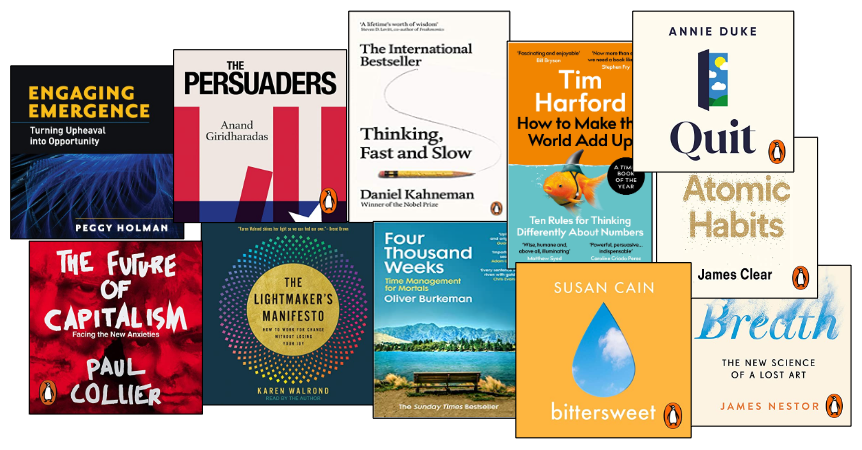
Some of my reading was in economics. “How to Make the World Add Up” is about numeracy and mathematical thinking in the widest sense. (Also I have a signed copy from when I saw Tim Harford speak at a data conference!). Some overlaps with Kahneman et al in how people consistently miscalculate probability. I then found Harford’s podcast Understand: The Economy with Tim Harford which relates back to my previous economics reading of “The Value of Everything” by Marianna Mazzucato” and “23 Things they don’t tell you about Capitalism” by Ha-Joon Chang.
Paul Collier’s “The Future of Capitalism” was provocative and wide ranging. He advocates a “centrist” approach to tackling socio-economic challenges. I’m not sure I understand what centrism is because it seems to be relative to the “Overton window” of any given political culture. That window shifts, partly due to pulls from each end of the spectrum, and from social attitudinal shifts over time, so describing centrist policies as policies which aren’t at the ends of the spectrum seems a bit of a tautology. But I enjoyed the scope of this book and there were lots of thought provoking suggestions.
“Philosophers talk about the world, the point is to change it” (attributed to Karl Marx) sits in spirit behind many of the people featured in The Persuaders by Anand Giridharadas. Subtitled “at the front line for the hearts and minds of democracy” it features shapers and influencers trying to get past the polarised public discourse of the US. We should recognise that most people want to be right, and they want to be good. What we can do is appeal to that desire, and perhaps reframe the issue to help them see it differently (echoes of “Framers” here, see book list below). The Lightmakers Manifesto by Walrond, and Engaging Emergence by Holman both also explore how to operate with hope and integrity. In different ways they share some overlaps with Giridharadas. Both Walrond and Holman are activists and change leaders and both bring positivity and hope.
I’m really interested in decision science: “Thinking Fast and Slow” and “Quit” come from a school of thought which pulls together feelings, identity, perception, cognition and evaluation into an integrated model of why we do what we do and how to be more mindful about decisions. Cognitive biases tell us such a lot. Also recognising when something is not a decision, its just a response. As someone with a tendency to fret and double-guess myself, there’s also a lot to be said for activities that are so absorbing that there’s no space left for overthinking. Everything I read tells me to use journalling to process this daily emotional and cognitive churn so I’m trying that at the moment and finding it helpful to be more intentional about each day. It’s also helpful to understand what sort of thinking is required in any given situation: sometimes I should think less and just do, sometimes I should honour my desire to think through all the options. Knowing which is which might be key to navigating the world with a bit more grace. I’ve just discovered the concept of “response-ability” (near the end of this post) which also relates to this. Atomic Habits by James Clear offers a way of developing automatic behaviours but also challenging unhelpful behaviours, and his newsletter offers lots of short thoughts and suggested reading, very useful.
So much I read connects bodies and minds: breathing, positive neural loops, gut biome and depression, movement and mood. It seems to be the end of the “Cartesian Dualism”. There are some weird ideas out there about how mental states can influence material reality: I am deeply skeptical of “manifesting” (google it if you’re curious). However I do see that the way we perceive the world can alter how we think and therefore what we do. So how we operate can definitely influence what happens. Being open to opportunity and connection will enable us to recognise choices we might not otherwise have spotted. I think being more tuned into our bodies helps process the passing of time, the rhythms of nature and a practice of presence.
“Breath” by James Nestor feels like an important book on this theme so I’ll indulge in a precis of “the new science of a lost art”. Touching on religious practices, meditation, sports coaching, biochemistry, cold water immersion, this is a fascinating book. I bought myself some mouth tape for sleeping, I try to tune in to my breathing more regularly, and I think it makes a big difference. Also worth a watch: water, whisky, coffee breathing. Nestor emphasises that many of these breathing practices have been around in cultures around the world, and in some ways its only just being possible for western science to accommodate them and integrate them into the ways of thinking of thinking about the body. And it seems to be a similar story with neuroscience and “positive psychology”. It turns out that practices like gratitude, challenging self-talk, and imagination actually manifest in neural activity.
I’m curious if older systems of health and medicine avoided separating off the physical and mental aspects of wellbeing, and its just “western medicine” that went down the dead end of dualism. In Episode 20 of Sideways podcast they explore medieval medicine and it’s pointed out that an incantation while mixing a potion serves as both a recipe and a timing mechanism. That makes so much sense! I can be pretty skeptical of non western medicine but I need to open my mind to it. I’ve been having acupuncture for some hip and shoulder issues and it is working for me. I also note that many holistic therapies give the patient a lot more time and attention than a GP is able to. Our UK national health service is so overstretched that our front line practitioners can’t give integrated attention to patients, even if they want to. There is a lot that needs to change.
Susan Cain is famous for “Quiet” about introversion. Her latest book, “Bittersweet” explores why some of us are so drawn to melancholy. I share her love of Leonard Cohen and Barber’s Adagio for Strings, and I really connected with the stories in this book about accepting the darkness alongside seeking the light. She offers a nuanced take on positive psychology. A very poignant book that draws on perspectives from science alongside spirituality.
“Four Thousand Weeks” is a wonderful book about how to live well in the time we have. An antidote to setting goals, having 5 year plans, burning the candle at both ends. It brings in the wisdom of thinkers through the ages and gives an anthropological and historical perspective to how we understand time. This is one of the first books I read in 2022 and I strongly recommend it.
Weirdly, I’ve been really drawn to Frauds/Scams. Maybe because its the opposite of integrity? This isn’t from my reading, more from tv and podcasts. Inventing Anna, the Fyre Festival, Bad Vegan, the Theranos story, the misuse of multi-level marketing, and the slightly different issues around charismatic leadership and coercion of Keith Raniere in The Vow. Also a conversation with a friend about some doorstep fish seller scammers! I’m not sure why I’m so drawn to these stories: whether its about the mindset of the fraudsters or the victims desire to believe in them. Speaking of controversy, I am watching Elon Musk’s current activities with horror. In the past I have defended him as someone reshaping the points of leverage in the system around solar, batteries, electric cars, tunnels and space travel. I am struggling to see how his Twitter adventures support that mission. Anyway, back to the fraudsters and scammers: I am partly interested in how investors are motivated to make these big bets. I guess I should add the Big Short as a fantastic illustration of how society allows for nonsensical business models to thrive. I have to mention here that a friend recommended the TV programme Traitors and that illustrated so much psychology! In-group/out-group behaviours, echoes of the Zimbardo prison experiment, how people deceive people, what makes someone likeable, body language and stress responses. Really enjoyed that.
It’s not all been reading! As well as enjoying time with family and friends I’ve done some things on my own to pursue my current interests. On the physical side, I’ve done some cool trips. In Sep 2021 I went hiking and wild camping on a trip with Gutsy Girls and it was really well organised so in July 2022 I went on another of their trips, this time paddleboarding on the River Wye. Fantastic adventures, highly recommended. I did safe open water swims with Do3. In the autumn I joined some Habitual Health sessions with Motus Training which provide support for integrated health, including sleep, movement, nutrition etc. I also completed a Conquerer Challenge of 104k “Road to Hana” from 3 months of jogs and walks. I’m on day 326 of Duolingo, learning Japanese. I sang Mozart’s Requiem in a church! I’ve been to the Stratford RSC on my own a few times. I went on a one day Linden Method workshop on anxiety management which uses the model of neuroplasticity to address unhelpful thought patterns: very helpful. So I’ve been quite busy working on my wellbeing and I feel great. I have also eaten a lot of carrot cakes in nice cafes.
This week I am back from an Ayuverdic yoga and meditation retreat in Herefordshire, the Plantation Villa UK. I am drawn to it as an integrative/holistic approach to body and mind. They have a library and I stumbled on a book called “Inner Engineering” by Isha Sadhguru. I read half of it over 48 hours and it seems to bring together so much of what I’ve been thinking about. Just bought the ebook so I can finish that now! He talks about responsibility as response-ability : the ability to respond to the world. Which feels like it connects to the decision science stuff I’ve been reading: recognising the thoughts and feelings generated by being in the world, accepting they aren’t all rational or accurate or useful, and taking response-ability for responding to them in the most effective ways. It sounds pretty woo-woo but actually the framing emerging from neuroscience is gluing back together the conscious and unconscious, the physical and mental into a more integrated model. That feels right to me.
And that pretty much sums up my 2022 non-fiction reading, with a bit of non-reading reflection thrown in. I suspect I’ll be listening to more podcasts this year now I’ve found a rich seam of series that appeal to me. As an aside: when I say I “read” a book: some of these were consumed as audiobooks, some as ebooks, some as paper books. A few of the audiobooks were mainly listened to while I walked and delivered leaflets, so I have a strange situational memory of associating particular ideas with particular streets in my neighbourhood!
If you read this to the end: thank you and I hope you enjoyed it. If you are interested in similar stuff, book recommendations are ALWAYS welcome 🙂
Books list
My 2022 Non-Fiction list
- Quit by Annie Duke
- Atomic Habits by James Clear
- The Persuaders by Anand Giridharadas
- The Lightmarkers Manifesto by Karen Walrond
- The Future of Capitalism by Paul Collier
- Engaging Emergence by Peggy Holman
- Thinking Fast and Slow by Daniel Kahneman
- How to make the world add up by Tim Harford
- Four Thousand Weeks by Oliver Burkeman
- Bittersweet by Susan Cain
- Quit by Annie Duke
- Atomic Habits by James Clear
- Breath by James Nestor
Outside of this synthesis:
- Africa is Not a Country by Dipo Faloyin – a great read! Made me angry, made me laugh, a fantastic thought-provoking book
Non-fiction I read in 2021 relevant to my 2022 reading
- Doughnut Economics by Kate Raworth
- Humankind by Rutger Bregman
- The Value of Everything by Marianna Mazzucato
- Rebel Talent by Francesca Gino
- How to Find Fulfilling Work by Roman Krznaric
- Why Buddhism is True by Robert Wright
- Difficult Women by Helen Lewis
- Invisible Women by Caroline Criado-Perez
- Material Girls by Kathleen Stock
- Framers by Kenneth Cukier, Viktor Mayer-Schonberger, Francis de Vericourt
- My synthesis of some of these is in a blog post from October 2021.
